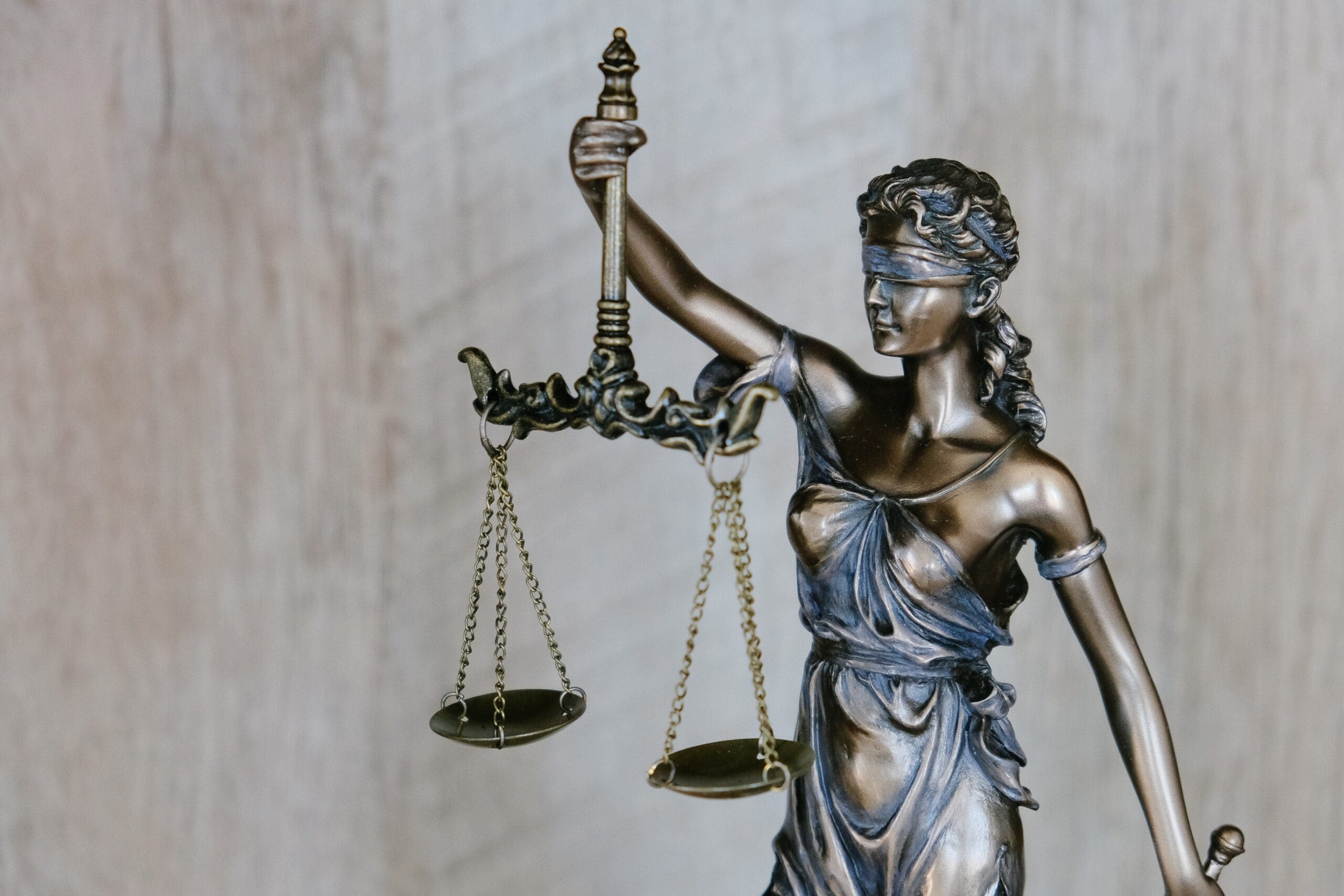Accidents happen when you least expect them, and the aftermath can be overwhelming. Knowing what steps to take immediately after a personal injury accident can significantly impact your recovery and legal standing. This guide sheds light on the essential actions you should take to protect your health, rights, and future.
The Immediate Steps to Take
Your priority should always be your safety. If you’re able to move, get to a safe location away from traffic or any other immediate hazards. If you’re seriously injured or unsure of your injuries, try to remain still and wait for emergency responders. Once you’re in a safe location, take a moment to assess your injuries. Even if you think your injuries are minor, it’s crucial to seek medical attention as soon as possible. Some injuries may not be immediately apparent but can have serious consequences if left untreated. Dial 911 to report the accident. Emergency services will dispatch police and medical personnel to assist you. The police report will be an essential piece of evidence if you decide to pursue a claim.
Gather Evidence at the Scene
Use your smartphone to take photos and videos of the accident scene, your injuries, and any property damage. This visual evidence can be invaluable when filing an insurance claim or pursuing legal action. If there are any witnesses to the accident, ask for their contact information. Their statements can provide crucial support for your case. Make sure to jot down names, phone numbers, and email addresses. If your accident involves another driver, exchange information. This includes names, addresses, phone numbers, driver’s license numbers, and insurance details. Take photos of their car and license plate, if possible.
Seek Medical Attention
Even if you feel fine, it’s imperative to visit a healthcare professional immediately after the accident. They can identify and document any injuries that may not be immediately apparent. This documentation is vital for any future claims. Adhere to the medical advice and treatment plans provided by your healthcare providers. Not only is this crucial for your recovery, but it also demonstrates to insurance companies and legal entities that you’re taking your injuries seriously. Maintain all medical records, including diagnosis reports, treatment plans, and receipts for medical expenses. These documents will be necessary for your insurance and legal claims.
Notify Your Insurance Company
Contact your insurance company as soon as possible to report the accident. Provide them with accurate details and follow their instructions for filing a claim. Be truthful but avoid speculating about fault or the extent of your injuries. Familiarize yourself with your insurance policy to understand what coverage you have. This can help you anticipate which expenses will be covered and what documentation will be required. Document all interactions with your insurance company, including emails, phone calls, and letters. This can help you track the progress of your claim and serve as evidence if disputes arise.
Protect Your Legal Rights
One of the most critical steps you can take after a personal injury accident is to protect your legal rights. Consulting a San Diego personal injury attorney can provide you with the guidance needed to understand your options and pursue appropriate action. They can help you gather evidence, negotiate with insurance companies, and represent you in court if necessary. By taking these steps, you ensure that your rights and interests are protected throughout the entire process.
Avoid Common Pitfalls
Never admit fault at the accident scene or during any discussions following the incident. Even if you believe you may be partially to blame, an investigation may reveal that other factors contributed to the accident. Follow-up care is crucial for your recovery and for documenting the extent of your injuries. Attend all scheduled medical appointments and follow through with recommended treatments. Insurance companies may offer quick settlements that seem appealing but may not cover all your expenses or adequately compensate you for your injuries. Consult with a legal professional before accepting any offers.
Understanding Your Compensation
Compensation for medical expenses can cover hospital stays, surgeries, medications, physical therapy, and any future medical needs related to your injuries. If your injuries prevent you from working, you may be entitled to compensation for lost wages. This includes not only your current income but also any future earning potential impacted by your injuries. Compensation for pain and suffering addresses the physical and emotional distress caused by the accident. This can be more challenging to quantify but is an essential component of your overall compensation.
The Role of Legal Representation
An experienced personal injury attorney can provide expert guidance on navigating the complexities of your case. They can help you understand the legal jargon, file the necessary paperwork, and represent your interests in negotiations. Attorneys are skilled in negotiating with insurance companies and other parties to maximize your compensation. Their experience and knowledge can significantly increase the settlement you receive. Hiring an attorney allows you to focus on your recovery while they handle the legal intricacies. This peace of mind is invaluable during a stressful and challenging time.
Building a Strong Case
Keep detailed records of all aspects of the accident and your recovery. This includes medical records, communication with insurance companies, and any related expenses. Be consistent in your statements and actions following the accident. Inconsistencies can be used against you by insurance companies or opposing legal teams. Gathering witness statements can strengthen your case. Witnesses provide independent verification of the events and can corroborate your version of the incident.
The Importance of a Support System
Recovering from a personal injury accident can be a long and challenging process. Lean on your family and friends for emotional and practical support. Consider joining support groups for individuals who have experienced similar accidents. Sharing your experiences and hearing from others can provide comfort and valuable insights. If you’re struggling with the emotional aftermath of the accident, professional counseling can be incredibly beneficial. Mental health is just as important as physical health during your recovery.

Personal injury accidents are life-changing events that require immediate and thoughtful action. Following the steps outlined in this guide can protect your health, legal rights, and future. If you need additional support or guidance, consider consulting with a personal injury attorney to ensure you’re on the right path. Remember, taking proactive steps now can make all the difference in your recovery and overall well-being.


